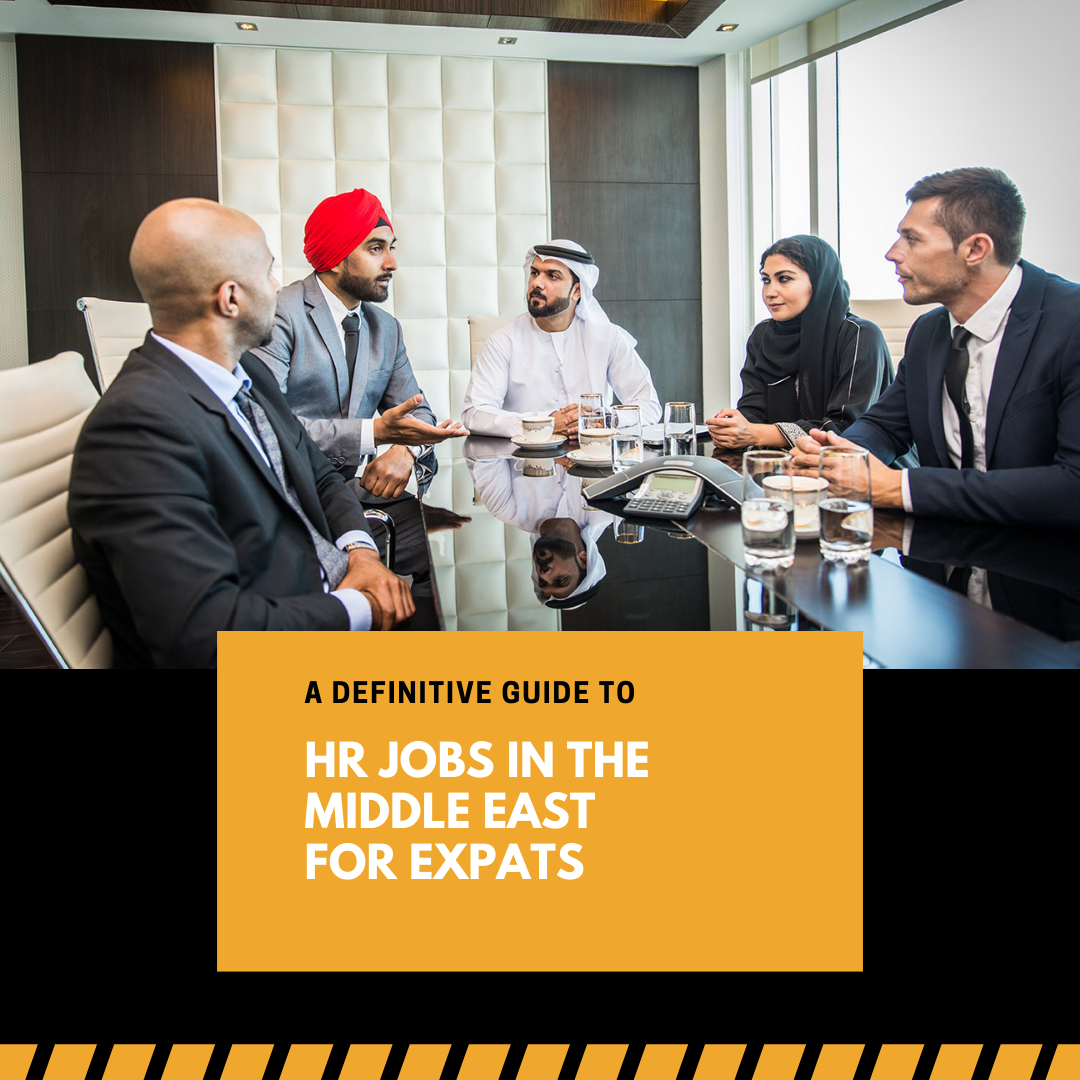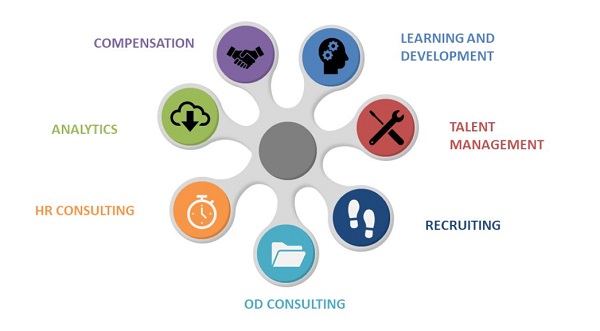This article is meant to help HR professionals especially Expats who look at making a career in Middle east in the field of HR, what competencies to focus on, how to progress in your career and what to make of issues like nationalization and job loss due to corona
It was year 1993, I was going for the first time abroad to do a job so I was very excited, my company NIIT had tied up with a large diversified group of Bahrain, The Almoayyed Group and I was being sent for 6 months to help them set up their International training center, I was responsible for Recruiting, set up training standards and also to ensure that the functioning was in line with NIIT standards, it was a great experience firsthand of HR in the Middle east. At that time HR was of a pretty low standard primarily focuses on administration but I have seen it evolve over these years to a vibrant and important function. It has been a great learning journey. I have been working off and on continuously in Middle East for the last 27 years, sometimes conducting training programs for HR professionals, sometimes consulting for companies there, Middle earth did set up FZE office in Dubai around 6 years ago and that only tightened my bonds with the Gulf.
This blog will focus on 3 aspects





